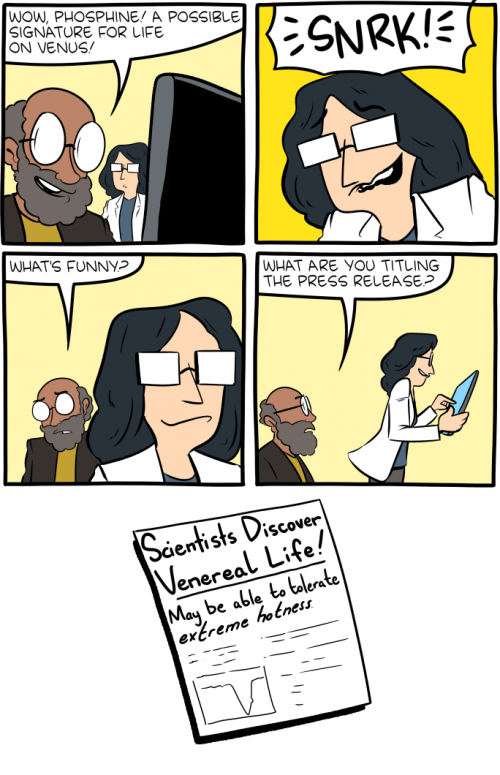Sophie Lewis has published an opinion piece in the NY Times that I thought was an interesting explanation of the trans-Atlantic divide, How British Feminism Became Anti-Trans. There is a surprising split between British and American feminism.
If the idea that transphobic harassment could be “feminist” bewilders you, you are not alone. In the United States, my adoptive home, the most visible contemporary opponents of transgender rights are right-wing evangelicals, who have little good to say about feminism. In Britain, where I used to live, the situation is different.
There, the most vocal trans-exclusionary voices are, ostensibly, “feminist” ones, and anti-trans lobbying is a mainstream activity. Case in point: Ms. Parker told the podcast “Feminist Current” that she’d changed her thinking on trans women after spending time on Mumsnet, a site where parents exchange tips on toilet training and how to get their children to eat vegetables. If such a place sounds benign, consider the words of British writer Edie Miller: “Mumsnet is to British transphobia,” she wrote “what 4Chan is to American fascism.”
Ouch. Mumsnet gets burned. But yes, I keep hearing about this “mumsnet” phenomenon, where Graham Linehan was holding court, although I’ve never even glanced at the forum myself. What I did learn about first-hand was the strange involvement of British skepticism in ant-trans activity.
Ms. Parker and Ms. Long may not know it, but they’re likely influenced by the legacy of the British “Skepticism” movement of the 1990s and early 2000s, which mobilized against the perceived spread of postmodernism in English universities as well as homeopathy and so-called “junk science.” Hence, the impulse among TERFs to proclaim their “no-nonsense” character; witness the billboard Ms. Parker paid to have put up last fall dryly defining a woman as an “adult human female.” Such a posture positions queer theory and activism as individualistic, narcissistic and thus somehow fundamentally un-British.
It’s also worth noting that the obsession with supposed “biological realities” of people like Ms. Parker is part of a long tradition of British feminism interacting with colonialism and empire. Imperial Britain imposed policies to enforce heterosexuality and the gender binary, while simultaneously constructing the racial “other” as not only fundamentally different, but freighted with sexual menace; from there, it’s not a big leap to see sexual menace in any sort of “other,” and “biological realities” as essential and immutable. (Significantly, many Irish feminists have rejected Britain’s TERFism, citing their experience of colonialism explicitly as part of the reason.)
Been there, done that. We had an ugly influx of British “skeptics” here, demonizing trans folk, who got banned hard. See Why I banned Andy Lewis, Maria Maclachlan, and Alan Henness — apparently those were well-known names in UK skepticism, and hoo boy, were some people on the other side of the pond shocked that I would ban such highly esteemed individuals. From my perspective, they were just total asshats, and slapping the self-proclaimed label of “skeptic” on them wasn’t enough to rescue them.




